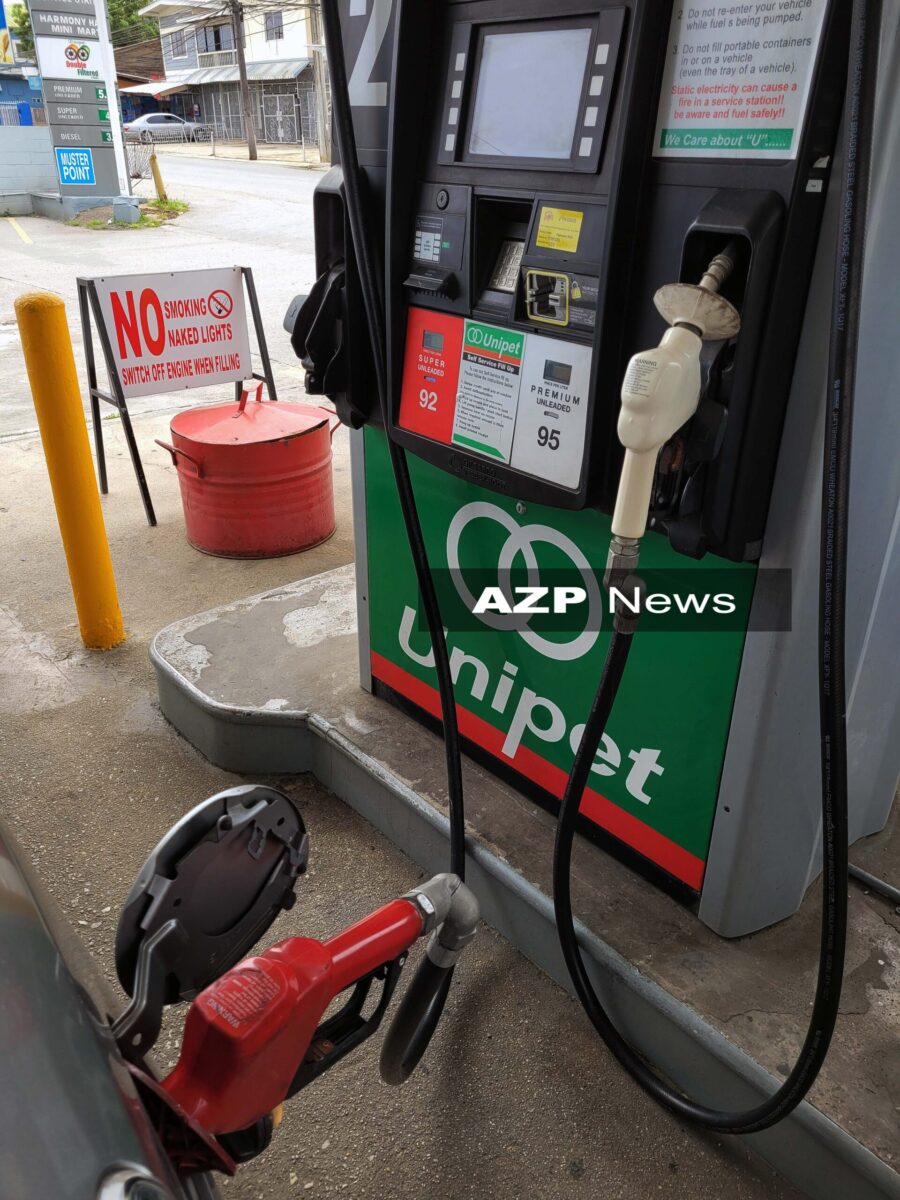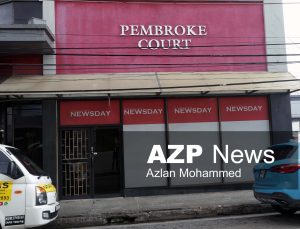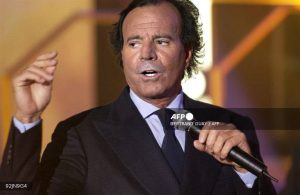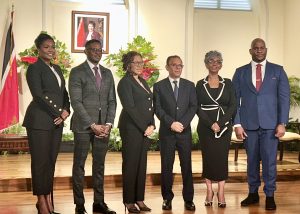
THE prime minister didn’t just say that. Did I hear that correctly?!
With one casual statement, Prime Minister Dr Keith Rowley stated during Conversations with the Prime Minister on March 8, 2022, that the CNG initiative is basically dead and that he instructed the Minister of Energy and Energy Industries to accelerate the government’s plan to move to electric vehicles and obtain electric buses for Trinidad and Tobago.
There will be gas prices rising at the pump as motorists will be expected to pay more with the increase in energy price due to the Russia and Ukraine war.
With the estimated one million vehicles registered vehicles in 2020, the NGC has spent millions on conversion kits and on buses to drive the CNG initiative.
The Honda City CNG vehicle is a top-selling Sedan in T&T in fact every time I drive in the roads, I see a Honda City or some other CNG vehicle in front of me in traffic.
It’s becoming very popular on our roads and one of the top choices of vehicles used by new car owners. They also invested in 20 original equipment manufacturer (OEM) CNG Models in T&T.
The move to the use of fully electric vehicles without thought or concern for the NGC CNG initiative to outfit gas stations across the country with CNG pumps is alarming, to say the least.
And getting electric vehicles into T&T will not happen overnight. We are not even ready for fully electric vehicles as we do not have the infrastructure. Dr Rowley said, “Government will move very soon to ensure that all public vehicles – not just buses – are electric.” But wait didn’t we hear this for CNG vehicles?
Rowley stated if the government removes the subsidy, premium gasoline would go from $5.75 per litre to $7.58, super gasoline would rise from $4.97 to $7.46 per litre, and diesel from $3.71 to $6.58 per litre. All this would have been buffeted by the move to CNG fuel which is only $1 per litre. Yet it is now scrapped.
New electric vehicles are very costly and cost on average $400,000 to $450,000 for a Korean or Japanese model while European vehicles such as BMW, Mercedes-Benz and Audi would cost at least $550,000 to $1,000,000 or much more. This is way out the price range for most of the population that are buying vehicles and will put more undue pressure on the average working man or woman.
In 2017 the NGC CNG company offered the following incentives at various times to vehicle owners to encourage them to switch:
- $5,000 in free CNG for taxi drivers who convert to CNG;
- $30,000 (large maxi) or $20,000 (small maxi) in free CNG for maxi taxi drivers who convert to CNG;
- $7,500 in free CNG to registered members of the Private School Transport Association of Trinidad and Tobago (PSTATT) who convert to CNG;
- $15,000 in free CNG to registered members of the Private School Transport Association of Trinidad and Tobago (PSTATT) who purchased an OEM CNG vehicle; and
- Giving grants as incentives for replacing Diesel maxi taxis with OEM CNG Maxis with a grant of $45,000 for small maxis and $75,000 for large maxis.
These initiatives were offered at great cost and planning by the company and were scrapped on March 8. They say much is missed with a slip between the cup and the lip. This is exactly what I feel happened here.
A state of the art CNG and multi-fuel service station was also constructed on the western side of the Preysal Interchange in Couva.
NGC CNG, with parent company The National Gas Company (NGC), in partnership with the National Petroleum Marketing Company Limited (NPMC) constructed the facility, which catered to the thousands of residents of the area and is focused to conveniently servicing commuters along the Sir Solomon Hochoy Highway, another multi-million dollar spend to drive the CNG initiative.
In fact, NGC-CNG spent about $60 Million to put in the pumps in the National Petroleum Marketing Company (NP) in about 20 stations already and spent about $300 Million to achieve the initiative thus far and consumers spent $600 million in vehicles that were also purchased in the market to drive this initiative.
Approximately 16,000 vehicles are already on the roads of TNT. What will happen to all this money, taxpayers’ money spent by this company to drive the CNG initiative?
All of a sudden the PM announced that his administration was going electric without proper thought and planning. It is mind-boggling to contemplate how one minute we were pushing a very workable drive to lower our carbon footprint with CNG and just like that we switched it to electric vehicles. Wow!
Neil Gosine is an insurance executive, the North East Regional Coordinator of the United National Congress and a former chairman of the National Petroleum Marketing Company of Trinidad and Tobago. He also holds a Masters in Business Administration. The comments and opinions expressed by him in this column are not necessarily those of AZPNews.com, a division of Complete Image Limited.
![]()













